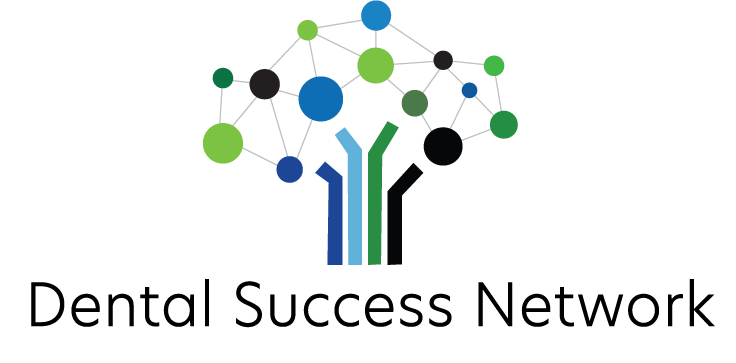Creation of Habits
A while back I gave a talk at one of DSI’s Elite Practice Mastermind meetings with Dr. Mark Costes. Usually a few of the coaches give a short presentation, and the most interesting thing I had been researching right before that was actually something that cropped back up: Habits.
If you’re a podcast listener, click HERE to listen to my short talk. In the talk I review how habits are formed: a stimulus, a habit, and a reward. The stimulus might be that ‘tired’ feeling you get in the middle of the afternoon. The habit is going to the employee break room and finding some cake or cookies that your local specialist sent in a goodie-basket. Then the reward is the sugar high and spike in glucose you get after eating that bad food. Now sometimes we develop habits that we know are bad. Like eating cake in the afternoon. So how do we reprogram that? Well, first of all we need to identify the ‘stimulus’ that is causing us to want to go for the ‘habit’. That tired feeling–that’s our stimulus. The next time that happens, we need to identify that and try to tell ourselves to go down a different path. Usually this can work, but sometimes we need more help.
Breaking Habits
In the book Atomic Habits by James Clear, he also points out that we should identify with the type of person who does these certain good habits. If someone were to reach out to you on the street with a cigarette, there are two options you could have.
You could say:
- “No thanks, I’m trying to stop”
Or you could say,
- “Thanks, but I’m not a smoker.”
In the first, you show that you’re trying to become something different. That’s inherently telling yourself that you’re not yet there. That can sometimes cause a self-limiting belief, thereby short-circuiting the habit-change goal.
However, the second is the more powerful statement, in affirming in yourself that you are now a different person who just doesn’t smoke. You prove to yourself, and verbally tell the other person, that you have already changed. You aren’t that person anymore.
This second statement is the one that we should try more often. Some of it is self-affirming talk, but when changing a habit, it is also a strong part of the habit change cycle. So, as we attack the day with newly forming habits, let’s remember to tell ourselves that we are not the same person as we were yesterday. So…what habit will you change today?
Not a DSN member? Get 45 days free Here.



